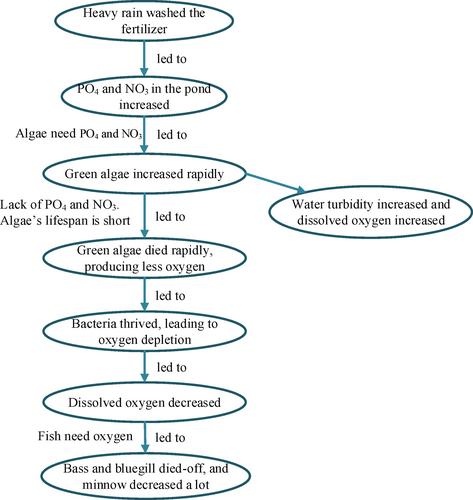Analysing students' concept mapping style and its association with task performance in computer-based inquiry learning
Abstract
Background
In scientific inquiry learning, students often have difficulties conducting hypothetical reasoning with multiple intertwined variables. Concept maps have a potential to facilitate complex thinking and reasoning. However, there is little investigation into the content of student-constructed concept maps and its association with inquiry task performance.
Objectives
This study explored students' concept mapping style and its association with task performance in computer-based inquiry learning.
Methods
An exploratory study was conducted with 80 Grade 11 students, who collaboratively constructed concept maps in a free style to support inquiry learning with a virtual ecosystem. Student-constructed concept maps was analysed by firstly identifying different types of propositions formed in the maps and then determining the style of each concept map based on the dominant type of propositions in the map. Finally, the association between the concept map style and inquiry task performance was explored.
Results and Conclusions
Two major concept map styles were identified: (1) knowledge-oriented concept maps (KCMs) mainly representing problem-related subject knowledge as a set of concepts and their relationships, and (2) problem-oriented concept maps (PCMs) mainly representing problem situation as a sequence of changes and their causal relationships. Compared with those constructing KCMs, the students constructing PCMs formed higher-quality propositions in their maps and performed better in hypothesising, reasoning, and drawing conclusions in the inquiry task.
Implications
Besides KCMs, students in inquiry learning can be encouraged to construct PCMs to foster effective thinking and reasoning; that is, constructing a concept map to represent the problem situation as a sequence of changes and the causal relationships between the changes.


 求助内容:
求助内容: 应助结果提醒方式:
应助结果提醒方式:


